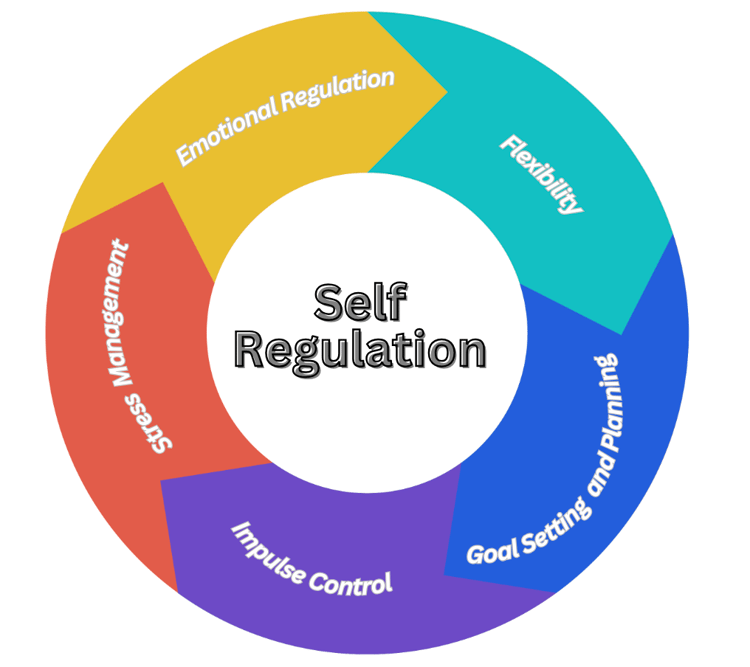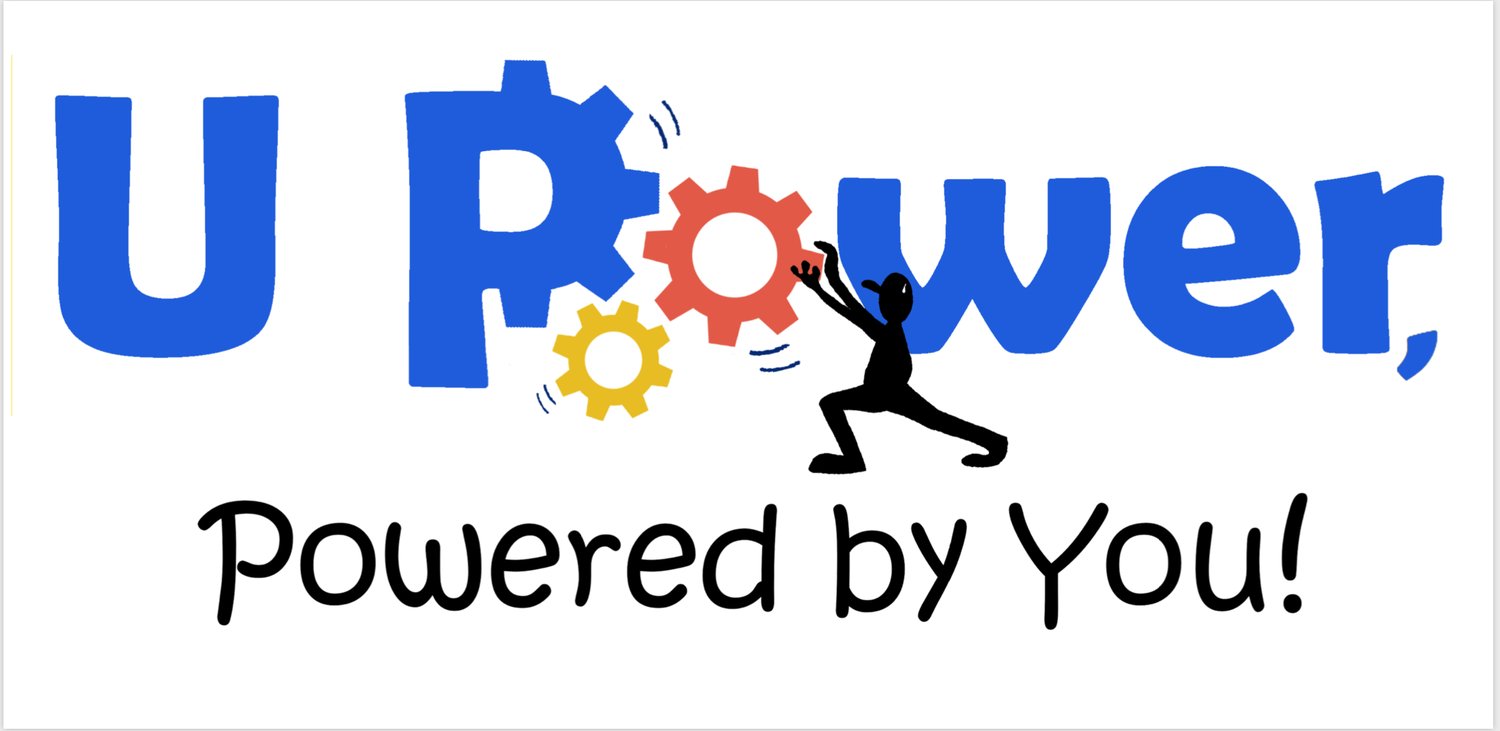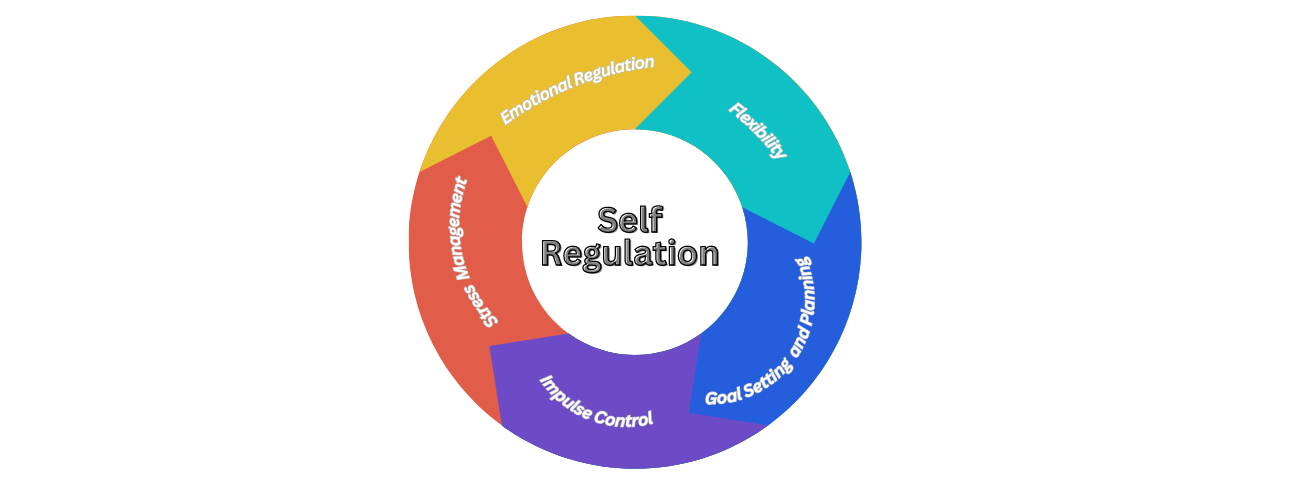Executive function stands out as a crucial set of skills that support our ability to plan, organize, make decisions, and regulate our behavior.
The basis of executive function relies on self-regulation—an integral foundation that allows us to manage our thoughts, emotions, and actions effectively.
Self-regulation, as it relates to executive function, refers to the ability to monitor, control, and direct our thoughts, emotions, and behaviors in accordance with specific goals and standards.
It involves:
- managing impulses
- maintaining focus
- adapting to changing circumstances
- modulating emotional responses.
Self-regulation allows us to resist distractions, delay gratification, make thoughtful decisions, and engage in productive actions.
The Role of Self-Regulation in Executive Function:

Emotional Regulation: Self-regulation enables us to recognize and manage our emotions effectively, preventing impulsive reactions that could hinder rational decision-making. By recognizing and controlling our emotional responses, we can maintain focus, engage in constructive problem-solving, and foster healthier relationships.
Flexibility: Self-regulation enhances cognitive flexibility—the ability to shift our thinking, adapt to new situations, and make a new plan. This skill allows us to break away from rigid thought patterns, embrace alternative perspectives, and find creative solutions to problems. Cognitive flexibility facilitates better decision-making and helps us navigate through uncertain circumstances.
Goal Setting and Planning: Effective self-regulation supports the process of setting goals and knowing how to create a roadmap to achieve them. By managing our attention, inhibiting distractions, and organizing our thoughts, we can establish clear objectives, prioritize tasks, and create action plans. Self-regulated individuals are better equipped to break down larger tasks into manageable steps and maintain progress towards their goals.
Impulse Control: Self-regulation plays a vital role in managing impulses and resisting immediate gratification. It helps us override impulsive behaviors and make choices based on long-term consequences rather than short-term rewards. Improved impulse control sets the tone for patience, discipline, and perseverance—essential traits for achieving success in many areas of life.
Stress Management: Self-regulation contributes significantly to stress management. It allows us to regulate our physiological and emotional responses to stressors, enabling a calmer and more focused mindset. By improving our ability to remain calm and focused, self-regulation supports overall cognitive functioning, including attention, memory, and problem-solving skills.
Conclusion:
Self-regulation serves as the backbone of executive function, empowering individuals to navigate life's challenges with efficiency and adaptability.
By mastering self-regulation skills, we gain greater control over our thoughts, emotions, and actions, leading to improved decision-making, goal achievement, and overall well-being. Embracing self-regulation is a transformative journey that unlocks our full potential and allows us to thrive in a complex and ever-changing world.
Looking to better support your child with executive function skills training? Check out our upcoming online classes at upowerllc.com/classes and follow on instagram at robyn.upower


